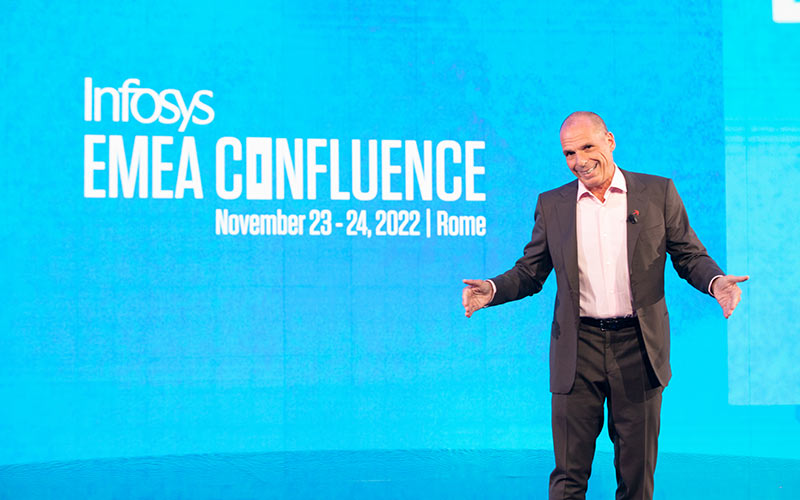
This is the second time capitalism is experiencing an energy and price inflationary bout. A number of phenomena were intertwined during the first bout of energy and price inflation in the 1970s, phenomena that can teach us valuable lessons about our current situation. How did the world recover? An energy crisis certainly changed the world then. Can it change the world again?
Yanis Varoufakis, global economist, politician, and best-selling author, packed a plethora of history and present-day economic conditions into lessons on how the world has responded and built a sustainable new business model in uncertain times. His thoughts on the first oil energy crisis in which capitalism was linked to a critical turning point, the recent Ukraine war, and globalization, were as enthralling as the audience interactions at Confluence.

Key Takeaways
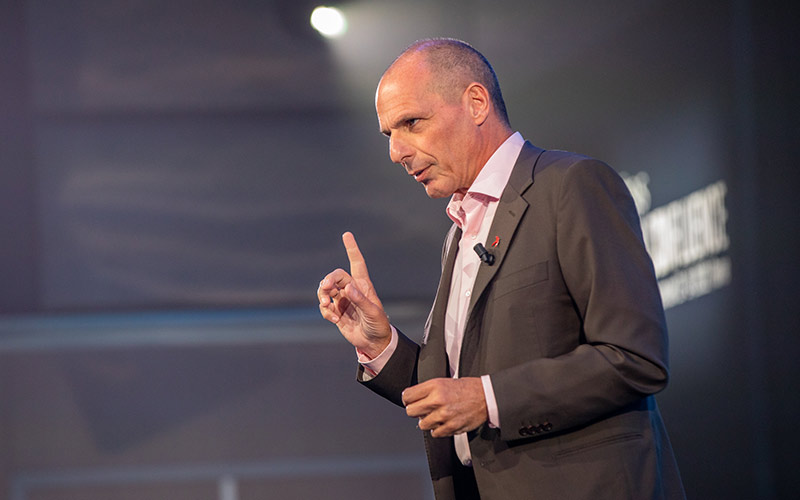
Fail in Different Ways Until You Succeed
The working class has been forced to join the precarious or is witnessing their children do so, which has often resulted in dismay. To galvanize them to make changes, a combination of reason and passion must be used and it’s okay to fail in various ways until we succeed.
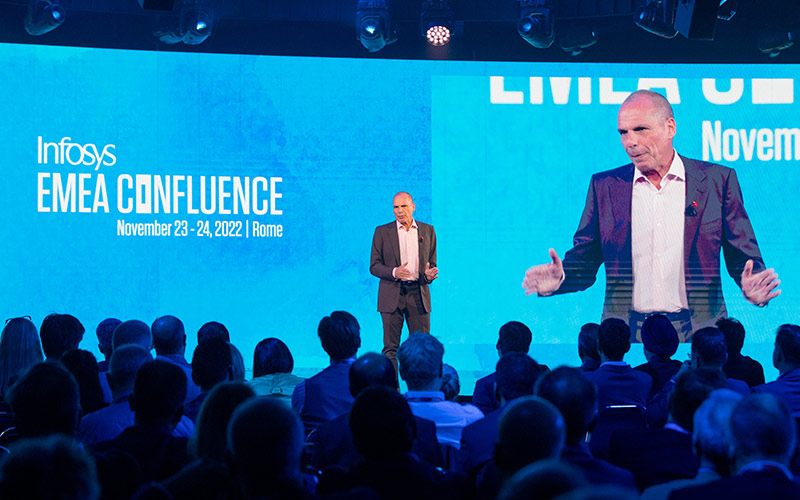
More Globalization for People and Less for Capital
When we discuss globalization, we refer to financialization and the free flow of financial capital. The concern is what happens after bigger banks lend to corporates, which turns a major part of society against progress and trade in a well-designed world.
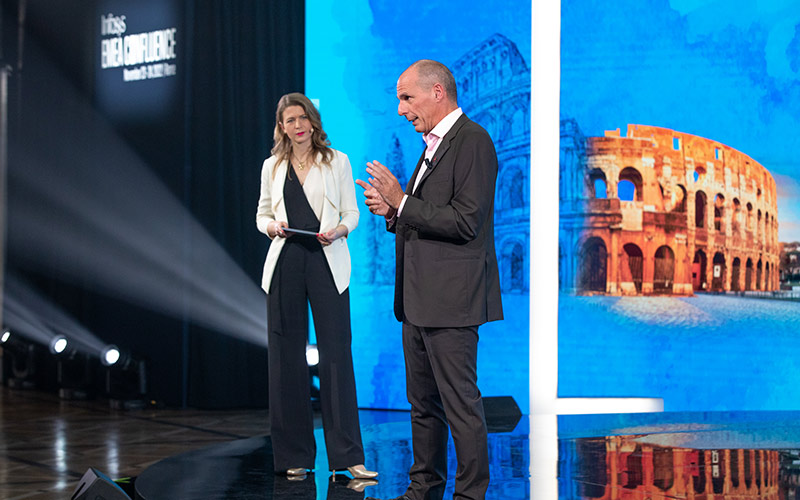
Reproduce Sustainably in an Uncertain Future
Although the European Union is a crucial pillar of global sustainable development, reproducing unsustainably now will only deplete its capacity to succeed in the future, hence it is imperative to look at more sustainable ways of production.
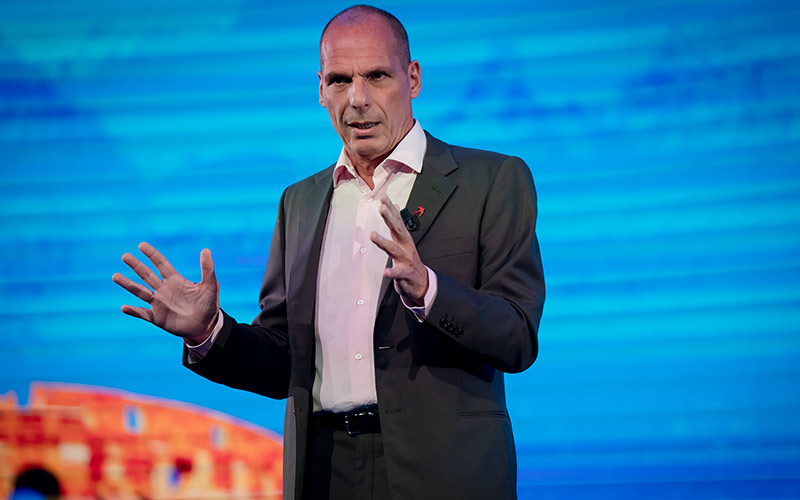
Technology is Necessary but Not Sufficient
We need politics to work in order for technology to advance from a necessary to a sufficient condition. Representatives from the world's three major economic blocks must discuss how to harness the remarkable capabilities of technology and human ingenuity.
There will always be this balance between artificial intelligence, machine learning and the minds of human beings.



